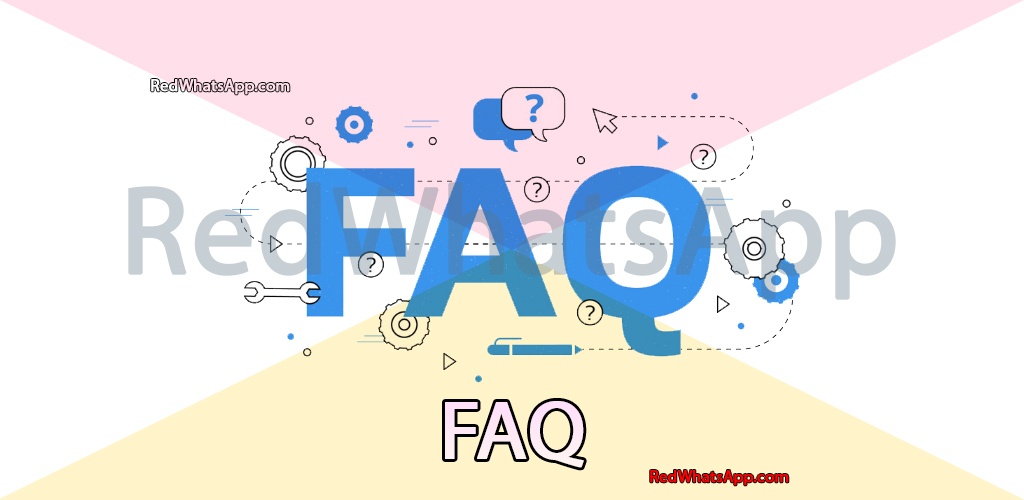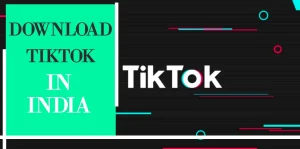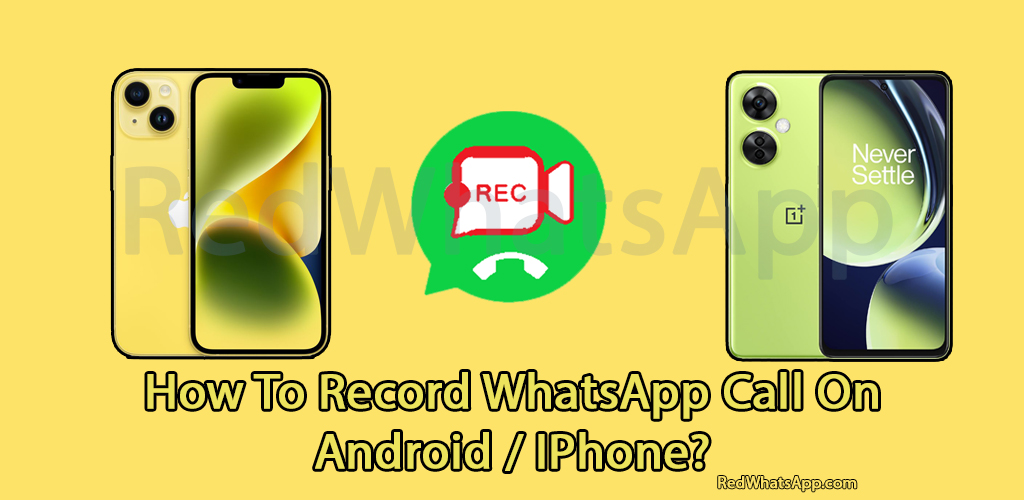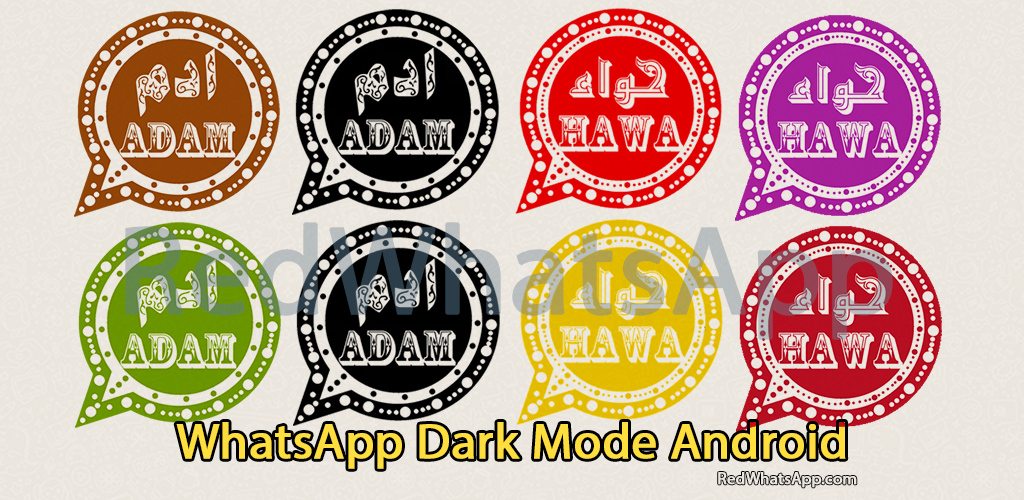Telegram vs. WhatsApp: Which Messenger is Best to Use in 2024?
In the ever-evolving realm of messaging apps, the tug-of-war between Telegram and WhatsApp continues to captivate users seeking the best platform for their communication needs. As competitors, both continually introduce updates to cater to growing demands, but distinguishing between the two requires a closer examination of their respective strengths and weaknesses. Let’s delve deep into the comparison to determine which messenger reigns supreme in 2024.
Telegram’s Superior Features
- 1. Multi-Device Syncing: Telegram excels in multi-device syncing, offering seamless message loading and data synchronization across various devices, a feature that outshines WhatsApp’s performance in this aspect.
- 2. Hide Your Number: Privacy-conscious users will appreciate Telegram’s option to keep their phone number concealed, unlike WhatsApp, where your number is exposed to anyone you connect with. With Telegram, you can safeguard your privacy by hiding your number from prying eyes.
- 3. No Group Links: Telegram’s omission of group chat links mitigates the risk of unauthorized access, a common concern with WhatsApp, where group links are often exploited by unauthorized users.
- 4. Proxy Servers: For enhanced privacy, Telegram offers proxy servers to mask your IP address, providing an additional layer of security not found in WhatsApp.
- 5. Contour Your Permissions: Telegram grants users more control over their online presence, allowing them to fine-tune permissions regarding group additions, offering a level of customization lacking in WhatsApp.
- 6. Storage: With Telegram’s unlimited cloud storage, users need not fret over data backups, providing a hassle-free experience compared to WhatsApp’s storage limitations.
- 7. No Acquisition: Unlike WhatsApp, Telegram remains independent, assuaging concerns about data protection amidst WhatsApp’s ownership by Meta, raising questions about data security.
- 8. Deleting Old Messages: Telegram grants users the flexibility to delete messages at any time, unlike WhatsApp’s 48-hour limit, empowering users with greater control over their messaging history.
- 9. Self-destruct Functionality: Telegram’s self-destruct feature predates WhatsApp’s disappearing messages, offering users the option to automatically delete messages after specific intervals, enhancing privacy.
- 10. Elaborative Online Status: Telegram provides detailed online status indicators, offering more nuanced information compared to WhatsApp’s simplistic “online” or “last seen” status.
- 11. Share Larger Media Files: With Telegram’s support for larger media files up to 1.5GB, users can seamlessly share multimedia content, surpassing WhatsApp’s 16MB limit.
- 12. No Trace of Deleted Messages: Unlike WhatsApp, Telegram ensures deleted messages leave no trace, enhancing user privacy and confidentiality.
- 13. Hassle-Free Data Import/Export: Telegram facilitates easy import/export of chats from other platforms, offering greater flexibility compared to WhatsApp’s limited export options.
WhatsApp’s Advantages
- 1. Widespread User Base: WhatsApp boasts a massive user base, making it ideal for marketing and outreach, with over 2.49 billion users globally, surpassing Telegram’s reach.
- 2. End-To-End Encryption (E2EE): WhatsApp’s robust end-to-end encryption is a hallmark feature, offering unparalleled security for user communications, a level of security Telegram doesn’t fully match.
- 3. WhatsApp Communities: The community feature in WhatsApp aids in managing large organizations and businesses, a functionality not yet available in Telegram.
- 4. Longer Messages: WhatsApp allows longer messages with up to 65536 characters, surpassing Telegram’s character limit of 4096, providing greater flexibility for communication.
- 5. Send More Files at A Time: WhatsApp permits sending up to 30 files in a single tap, compared to Telegram’s limit of 10 items per message, streamlining file sharing for users.
- 6. Disappearing Messages: WhatsApp now offers disappearing messages, akin to Telegram’s feature, automatically deleting messages after a specified duration, enhancing privacy.
On-on-One Comparison Between Telegram Vs WhatsApp
| Feature | Telegram | |
|---|---|---|
| Group Size | Up to 1024 members | Up to 200,000 members |
| File Compression | Automatically compresses files | Takes permission to compress files |
| Voice Calls | Up to 32 members | Unlimited participants |
| Bots | Available for Business WhatsApp users | Available for all users |
| Media Storage | Mobile storage | Unlimited cloud storage (server) |
| File Sharing Limit | Up to 2GB | Up to 2GB (4GB with Telegram premium) |
| Device Compatibility | One account per device | Up to 3 accounts on the same device |
| WhatsApp Communities Feature | Yes | Nil |
| Import Chats from Other Platforms | Nil | Yes |
| Secret Chats and Self-Destructive Messaging | Nil | Yes |
| Built-in Sticker Maker | Nil | Yes |
This table provides a clear comparison of various features offered by both WhatsApp and Telegram, aiding users in making an informed decision based on their preferences and requirements.
Conclusion
In conclusion, the choice between Telegram and WhatsApp ultimately boils down to individual preferences and priorities. If functionality and flexibility are paramount, Telegram emerges as the preferred option, offering features like larger group sizes, flexible file sharing, and enhanced privacy controls. On the other hand, if a smooth and enjoyable user experience is your priority, WhatsApp may be the more suitable choice.
However, it’s essential to consider the messaging app used by your friends and family. Opting for the app most commonly used by your social circle ensures seamless communication and connectivity. While WhatsApp boasts a vast user base globally, don’t hesitate to advocate for your preferred platform. Encouraging your loved ones to make the switch to Telegram, if that’s your preference, can lead to a more fulfilling messaging experience for everyone involved.
In the end, whether you choose Telegram or WhatsApp, what matters most is staying connected with the people who matter most to you.
both Telegram and WhatsApp offer distinct advantages and cater to different user preferences. While Telegram excels in privacy features, customization, and larger media file support, WhatsApp boasts a widespread user base, robust encryption, and innovative community features. Ultimately, the choice between the two depends on individual priorities regarding privacy, functionality, and user experience.

Frequently Asked Questions: Telegram vs. WhatsApp: Which Messenger is Best to Use in 2024?
In the ever-evolving landscape of messaging apps, the choice between Telegram and WhatsApp remains a topic of debate. To help you navigate through this decision, we’ve compiled a list of frequently asked questions to address key aspects of both platforms:
1. In What Aspects Telegram Supersedes WhatsApp?
- Highlights: Telegram surpasses WhatsApp in several areas, including self-destructing messages, secret chats, multi-device support, cloud-based storage, end-to-end encryption, and customizable notifications.
2. How can I Forward a Voice Message from Telegram to WhatsApp?
- Method: Forwarding a voice message from Telegram to WhatsApp requires downloading it to your phone first. Tap and hold the voice message, then select “save to downloads.” From your gallery, you can then upload this file to share with WhatsApp contacts.
3. Telegram or WhatsApp, which is More encrypted?
- Encryption: While Telegram lacks end-to-end encryption (E2EE) for all data except secret messages, WhatsApp prioritizes E2EE. However, WhatsApp stores data backups in users’ drives, devices, and iCloud, posing potential security risks.
4. Does WhatsApp or Telegram collect your data?
- Data Collection: Both WhatsApp and Telegram collect user data, including metadata, despite claims of end-to-end encryption. WhatsApp may retain data for up to 30 days and is required to provide metadata to law enforcement agencies. Similarly, Telegram stores data for up to 12 months per its privacy policy.










